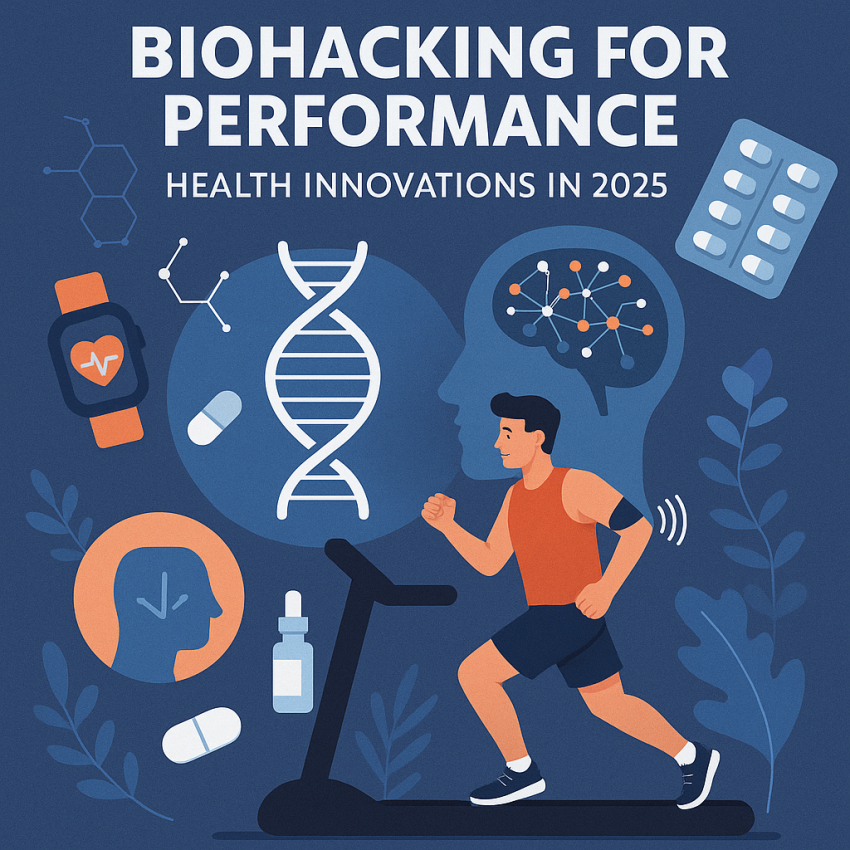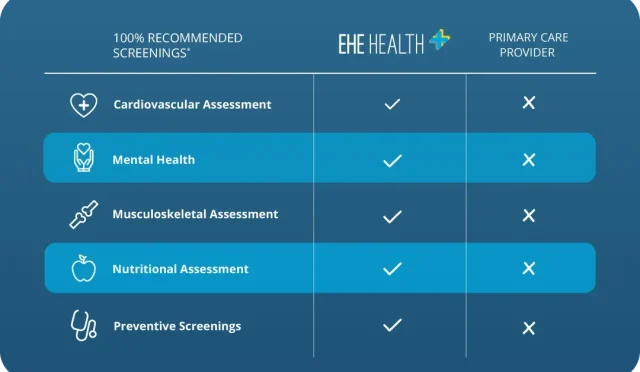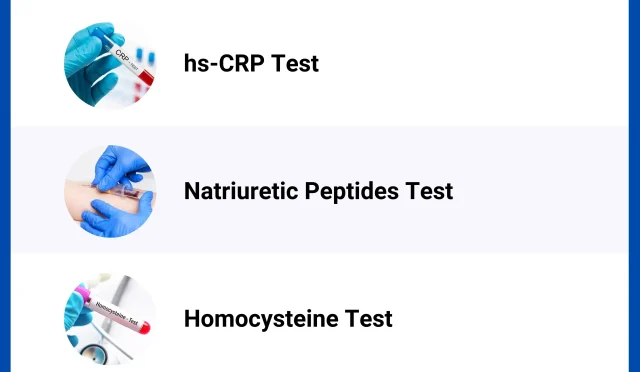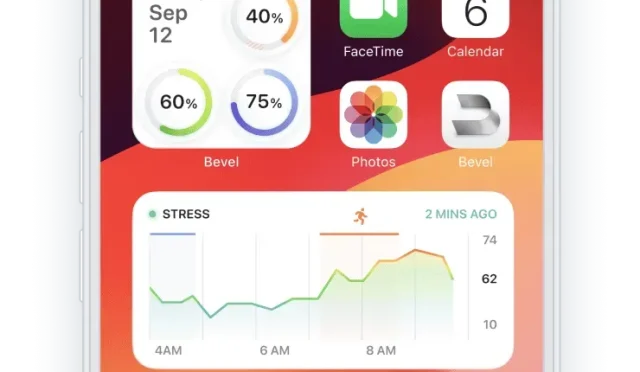Biohacking for Performance: Health Innovations in 2025
In recent years, the concept of biohacking has gained significant traction. Biohacking, often referred to as “do-it-yourself biology,” is the practice of making small, incremental changes to your body and lifestyle to improve your overall health and performance. This includes a wide range of activities, from dietary adjustments and supplementation to more advanced techniques such as genetic editing and brain stimulation. As we look ahead to 2025, biohacking is expected to reach new heights, with even more innovative methods available to optimize both physical and cognitive performance.
Understanding Biohacking for Health and Performance
The ultimate goal of biohacking is to enhance the body’s natural capabilities and create a more efficient, healthier version of oneself. While traditional health methods have focused on exercise, nutrition, and rest, biohacking adds a new layer by incorporating technology, science, and personalized solutions to take performance to the next level. Biohacking isn’t just about changing diet or exercising more; it’s about taking control of your biology in ways that science only dreamed of a few years ago.
Types of Biohacking for Physical Performance
There are many different biohacking methods available to those looking to improve their physical performance. These techniques range from simple lifestyle changes to cutting-edge technologies that directly alter the body’s functions. Here are some of the most popular forms of biohacking that are transforming the world of health and performance:
-
Nutrigenomics: Understanding How Nutrition Affects Your Genes
Nutrigenomics is the study of how our diet affects our genes and how, in turn, our genes can impact our health. Biohackers are using nutrigenomics to personalize their diets in order to optimize performance, longevity, and overall health. By analyzing genetic predispositions, biohacking enthusiasts can tailor their nutrition plans to enhance energy, focus, and muscle recovery. -
Gene Editing: CRISPR Technology and Its Potential
Gene editing, particularly CRISPR technology, has been a significant breakthrough in biohacking. CRISPR allows scientists to alter DNA at the molecular level, enabling the potential to edit genes that cause diseases or enhance traits such as muscle mass or brain function. In 2025, gene editing will likely become more accessible to the public, offering new ways to enhance physical performance by manipulating the body’s genetic makeup. -
Wearable Technology for Enhanced Performance Tracking
Wearable devices such as fitness trackers and heart rate monitors have been around for some time, but biohackers are taking things to the next level by using advanced wearables that can measure more specific metrics. Devices that track blood glucose levels, stress hormones, and even electrical brain activity will allow individuals to continuously monitor their health and make real-time adjustments to their fitness plans for optimal performance. -
Cold Therapy: Using Cold Exposure for Muscle Recovery
Cold therapy, also known as cryotherapy, has gained popularity in the biohacking community due to its ability to accelerate muscle recovery. By exposing the body to cold temperatures, biohackers can reduce inflammation, improve circulation, and promote faster healing. In 2025, we can expect cold therapy to become even more advanced, with new techniques and technologies to enhance the recovery process and reduce pain after intense physical activity. -
Intermittent Fasting for Cognitive and Physical Performance
Intermittent fasting has been shown to improve brain function and physical health by promoting cellular repair and fat loss. Biohackers are incorporating intermittent fasting into their routines as a way to optimize their cognitive function, increase focus, and enhance overall energy levels. By fasting for specific periods, biohackers can take advantage of the body’s natural processes for fat burning and mental clarity.
Biohacking for Cognitive Performance
While physical performance is a primary focus for many biohackers, cognitive enhancement is equally important. Mental clarity, focus, and memory are essential for optimal productivity, and biohacking offers several techniques to improve cognitive performance:
-
Nootropics: Cognitive Enhancers for Peak Brain Function
Nootropics, or “smart drugs,” are supplements designed to improve brain function, particularly in areas such as memory, focus, and creativity. Biohackers are increasingly using nootropics to boost their cognitive abilities, and in 2025, the use of nootropics is expected to grow exponentially. These cognitive enhancers include both natural compounds like ginkgo biloba and synthetic substances such as modafinil. -
Brainwave Entrainment: Using Sound to Improve Mental Performance
Brainwave entrainment involves using sound frequencies to influence brain activity and improve cognitive performance. Certain frequencies can enhance focus, relaxation, and creativity, while others can aid in improving sleep or reducing anxiety. By listening to specific brainwave frequencies, biohackers can optimize their mental state for peak performance. -
Neurostimulation: Non-Invasive Methods for Cognitive Enhancement
Neurostimulation involves using electrical or magnetic stimulation to activate specific areas of the brain. Techniques such as transcranial direct current stimulation (tDCS) are used to enhance memory, improve learning ability, and even increase creativity. In 2025, neurostimulation will likely become more accessible, offering a new way to enhance cognitive performance without the need for invasive procedures.
Ethical Considerations in Biohacking
As biohacking continues to grow in popularity, there are important ethical considerations that need to be addressed. Many of the techniques used in biohacking, particularly genetic editing and neurostimulation, raise concerns about safety, long-term effects, and accessibility. While these technologies hold immense potential for improving human health and performance, they also present ethical dilemmas related to fairness, privacy, and the potential for misuse.
Conclusion
As we approach 2025, biohacking will continue to evolve, offering more advanced methods for enhancing both physical and cognitive performance. With the rise of personalized nutrition, gene editing, wearable technology, and cognitive enhancers like nootropics, biohacking will become an essential part of the health and wellness landscape. By embracing these innovations, individuals will have the ability to take control of their health in ways that were previously unimaginable. However, as with all advancements in science and technology, it is important to approach biohacking with caution and awareness of its ethical implications.
#Biohacking #HealthInnovation #Nootropics #GeneEditing #WearableTech








